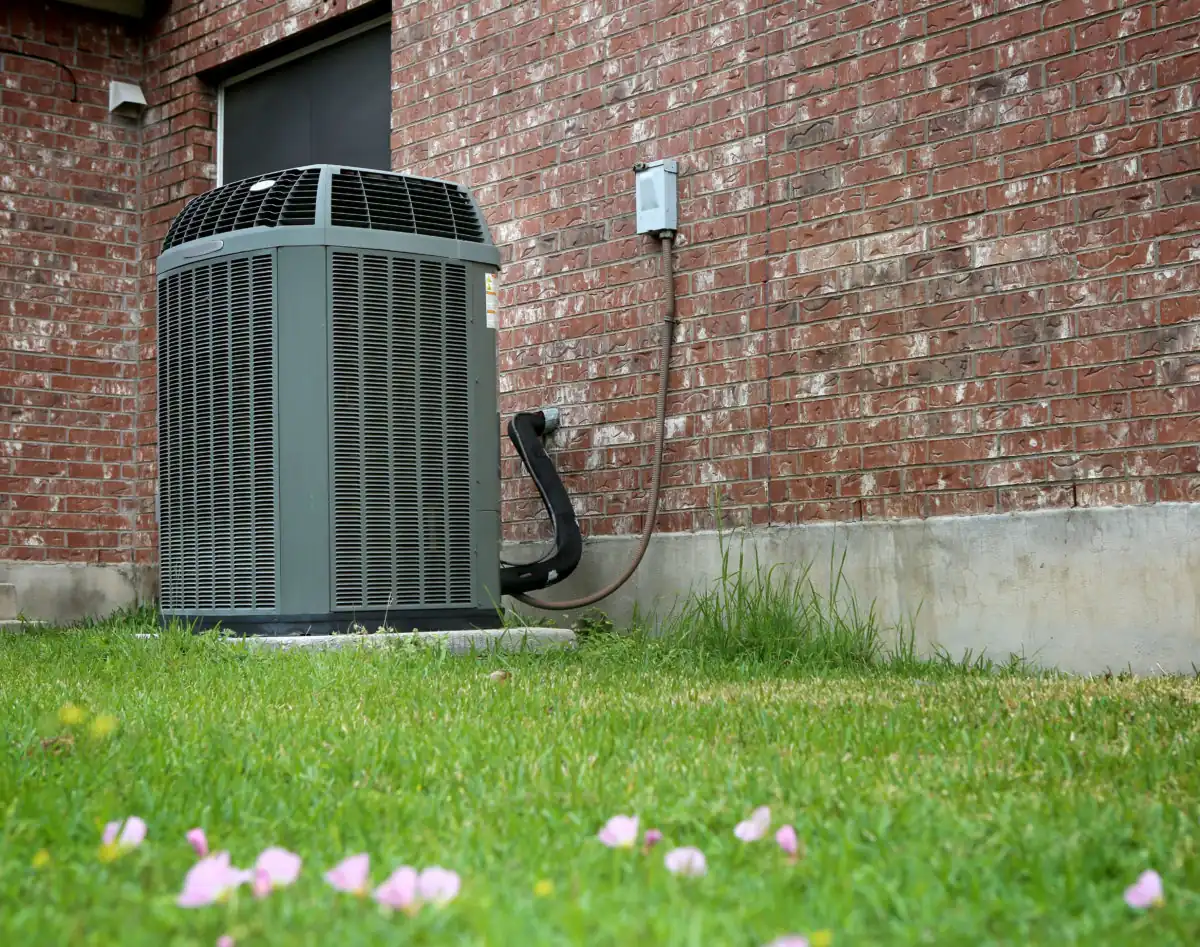Everything You Need to Know About SEER Ratings
Picking a new AC system can be a difficult and frustrating process. The large variety of HVAC manufacturers, unit sizes, and options is overwhelming for most people. How do you guarantee that the AC you choose is the most efficient or gives you the best bang for your buck? It’s easier than ever now thanks to SEER ratings.
What Does SEER Mean?
SEER or Seasonal Energy Efficiency Ratio is a metric used to determine how efficient a given AC unit is. It is a ratio that measures how much cool air is created for each unit of electricity used. Thus, the higher the SEER rating, the more energy efficient the unit is. Most importantly, the more efficient the unit is, the more money you can potentially save in long-term energy costs!
SEER ratings are a critical factor to understand when choosing a new unit and can help you save hundreds of dollars. If you are a proponent of going green and helping the environment, a high SEER unit reduces waste and emissions compared to a lower SEER unit. However, the higher SEER rated units are more expensive, so it’s important to consider your unique needs and goals.
A simple way to help you understand SEER ratings is to think about the Miles Per Gallon (MPG) your car gets. You can buy a car with high MPG, but depending on how you drive and terrain, it will vary in efficiency. The same is true with a high ranking SEER AC unit. It is important to understand that efficient habits will improve any system’s performance.

The Bottom Line
All said, SEER ratings are important when considering long term efficiency and environmental impact for your unit. Higher SEER units will be more efficient but more expensive. Ultimately, it comes down to personal choice and your values for your home and family. We recommend exploring many different options when it comes to finding a new unit. Make sure to call your local TemperaturePro with any questions!

